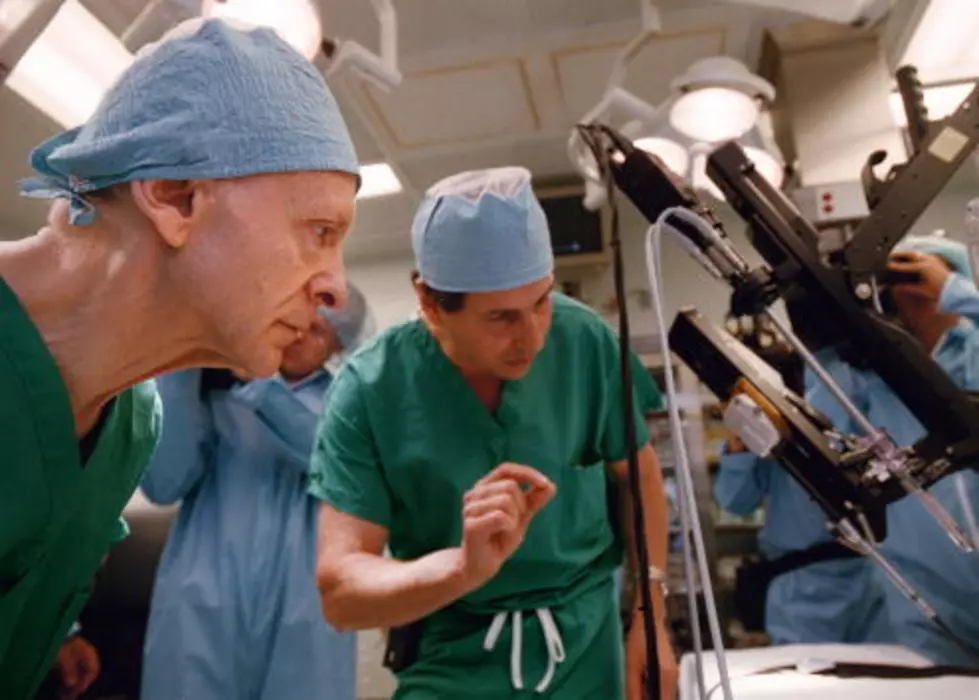
Important Things To Know About Your Heart Health
February is "American Heart Month" which allows us to focus on how we can improve our hearth health. I was joined by CentraCare Non Invasive Cardiologist Dr. Benjamin Johnson on WJON's Health Matters program. Dr. Johnson explained that heart attacks start out as cholesterol plaque building up in the wall of arteries. He says over time the wall of the artery remodels itself and tries to maintain adequate blood flow to the blood vessel in that area but eventually the plaque builds up to a point where it starts narrowing blood flow. Dr. Johnson says when that starts happening people can start experiencing symptoms. Examples of this would be when someone is exerting themselves or doing something that gets the heart pumping the heart demands more blood flow to the arteries and it cannot get enough. These symptoms are called angina.

Dr. Johnson says plaque formations in arteries are common in most everyone. He says there are risk factors which cause plaque to build up at faster rates. These include someone's genetic makeup. Dr. Johnson says heart disease does run in families. Other risk factors include high cholesterol levels, high blood pressure (or hypertension), lack of physical activity and poor diet. Dr. Johnson says for those where heart disease runs in their family they have a tendency to have a higher frequency of plaque buildup. He says there are ways to counteract risk factors. Dr. Johnson recommends life style changes which include physical activity and a healthy diet. He says the Mediterranean Diet is the recommended diet for those with risk factors. Dr. Johnson says it is the only diet that has a research trial associated with it that showed positive cardiovascular outcomes. The diet includes olive oil when cooking, more fish, and snacks would include tree nuts instead of potato chips. Dr. Johnson says there are also medications that can help decrease the amount of plaque buildup in the wall of arteries and reduce high blood pressure.
I go into more detail with with Dr. Benjamin Johnson in our 4-part conversation that can be found below.
Come Visit Roscoe, Minnesota with Us in Pictures
More From 98.1 Minnesota's New Country

![Is Kirk Cousins Finding Out The Grass Isn’t Always Greener? [OPINION]](http://townsquare.media/site/65/files/2021/11/attachment-GettyImages-1350512207.jpg?w=980&q=75)




